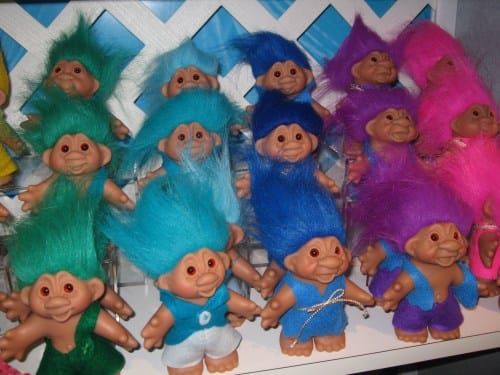Dr. Troll. Dr Internet Troll

Look, this is a PSA for gamers who are trolls, and we know you’re out there. Internet trolls are rude, but do they have cultural value? Whitney Phillips, who wrote her dissertation on trolls, argues that the Internet bullies are telling of aspects of Internet culture.
Trolls are cultural scavengers, and engage in a process I describe as cultural digestion: They take in, regurgitate, and subsequently weaponize existing tropes and cultural sensitivities. By examining the recurring targets of trolling, it is therefore possible to reverse-engineer the dominant landscape.
Then she compares the actions of trolls to those by journalists who cover suicides, and therefore encourage copycat suicides–both profit from others’ grief and pain. The similarity is disturbing, and possibly indicate a larger cultural malaise.
I am not arguing that members of the media are trolls, at least not in the subcultural sense. I am however suggesting that trolls and sensationalist corporate media have more in common than the latter would care to admit, and that by engaging in a grotesque pantomime of these best corporate practices, trolls call attention to how the sensationalist sausage is made. This certainly doesn’t give trolls a free pass, but it does serve as a reminder that ultimately, trolls are symptomatic of much larger problems. Decrying trolls without at least considering the ways in which they are embedded within and directly replicate existing systems is therefore tantamount to taking a swing at an object’s reflection and hanging a velvet rope around the object itself.



